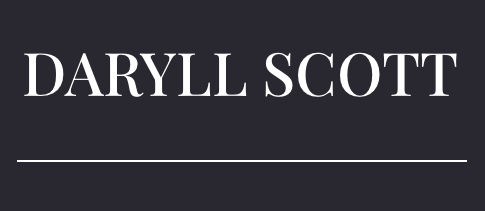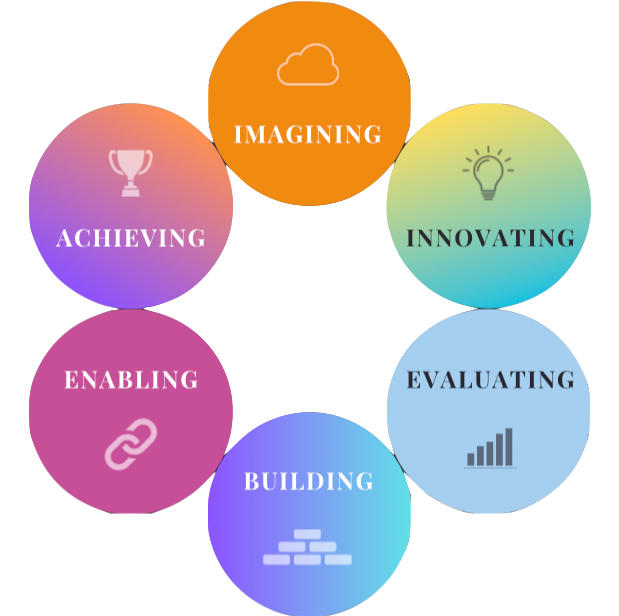
Cultural Temperaments
Alignment, Development & Motivation
THE TEMPERAMENTS MODEL
Understand values, motives & interpersonal needs to improve leadership, management & collaboration

Why work with temperaments?
The workforce and the workplace are changing.
Most of us are navigating a changing landscape and experiencing a need to reconnect and rediscover how to work together.
We need to find our way back to alignment and design our new normal by working with what’s really important - our core values, immutable motives and vital interpersonal needs.
Align culture across teams and organisations
Create a genuine sense of purpose and belonging
Coach performance and shift behaviour with intrinsic motivation
Develop leadership behaviour and communication abilities
Understand and overcome team dysfunction
Foster greater diversity of thinking
CULTURAL LEADERSHIP
Cultural Alignment
Curating and Aligning Culture Across Teams & Organisations
Performance Culture
Leading Performance with Motives, Needs & Strengths
What are temperaments?
Your temperament is your current mindset in relation to your career, your team and your organisation.
It’s a product of
Visible behaviour of leaders
Cultural norms and status quo
Your own values, interpersonal needs and personality traits.
This awareness clarifies and simplifies what would otherwise be opaque and complex. By discovering an authentic view of ourselves, our team dynamics, and our culture, we can be more conscious and deliberate about leading, managing, and performing in a successful and fulfilling way.
ACHIEVING
Collaborative, Adaptable, Relevant & Engaged
Driven by Interaction
Needs Collaboration & Safety
IMAGINING
Creative, Purposeful, Spontaneous & Flexible
Driven by Purpose
Needs Attention & Recognition
INNOVATING
Logical, Resilient Aligned & Impactful
Driven by Impact
Needs Status & Influence
ENABLING
Empathetic, Caring, Aware & Transparent
Driven by Connection
Needs Trust & Boundaries
BUILDING
Measured, Understanding, Calm & Supportive
Driven by Growth
Needs Cohesion & Respect
EVALUATING
Practical, Clear, Reliable & In Control
Driven by Mastery
Needs Power & Control
Temperaments for Cultural Alignment
Align teams and organisations for motivated, frictionless performance and to prepare for transformation, merger or restructuring.
Team Clashes
Within Teams
Differences in temperament, if not recognised and respected, create team dysfunction
Between Teams
Differences in temperament between teams create a sense of fighting against each other
Due to Hybrid
Hybrid has had benefits for lifestyle and balance, but many people have found valuable collaboration more difficult and have focused more on 'busywork' and tasks than problem-solving together.
The one-page infographic shows exactly how temperaments clash to create team dysfunction:
Organisational Clashes
Between Vision & Reality
People are not motivated, are unable to achieve the vision or have different ideas about what's important.
Between Merging Organisations
Most M&A deals fail to achieve expectations, and the main reason given is clashes in culture
Between Generations
Many organisations are experiencing mismatches of expectations between different generations in the workplace
The one-page infographic below shows exactly how temperaments influence organisational focus:
Temperaments for Performance Culture
Do managers find it difficult to have tough conversations?
Does too much 'tick box' process stifle conversations?
Or does not enough process mean that conversations never happen?
Is it difficult to navigate perception gaps or mismatched expectations?
Equip people-leaders to conduct motivational performance conversations
Adopt coaching-style leadership to retain and develop talent
Grow the capability of the organisation through developmental delegation
Why lead with temperaments?
Managing performance by uncovering values, motivations, needs and strengths leads to individuals performing better in the following ways:
- Sustained effort
- Higher quality work
- Increased autonomy
- Job Satisfaction
- Engagement and commitment
- Resilience & Adaptability
How does a diagnostic tool help?
People are often not fully aware of their true values, motives and needs for several reasons:
- Unconscious influences
- Social pressures
- Low self-awareness
- Changing priorities
Utilising a diagnostic tool increases awareness and enriches the quality of conversations.
Promoting self-awareness to increase motivation and performance
Personal Values & Intrinsic Motives
Interpersonal Need & Sense of Belonging
Behavioural Traits & Signature Strengths
Using 'temperaments' to discuss and coach performance clarifies positive intentions, reduces misunderstanding and facilitates behaviour change.
Temperaments for Cultural Change
Change Management is an Oxymoron
Lead Emergent Change with Vision, Motivation & Agility
The Leadership Gap
Management and Leadership are used interchangeably, but they are very different. Management is about today, leadership is about tomorrow. In creating excellent managers, we have created a shortage of leaders.
In such contexts, change is important but delayed for short-term priorities, and it is described using the metaphor of turning an oil tanker.
Lead by Understanding Temperaments
- Cultivate Vision & Curate Culture
- Challenge Cultural Norms
- Inspire with Rhetoric
- Utilise Intrinsic Motivation
- Increase Problem-Solving Agility
- Replace Behaviour
- 'Nudge' with Positive Reinforcement
DELIVERY
Workshops
Development programmes for cohorts within organisations
Train-The-Trainer
Train internal change agents and cultural leaders
Coaches
Learn how to use temperaments in your coaching practice
INTELLECTUAL PROPERTY
The temperaments model is the intellectual property of Daryll Scott. Please do not copy or reproduce without written consent. If you use the resources provided on this page, please reference the source.

What's your temperament?
Answer seven questions to discover your values, motives, strengths, needs & traits